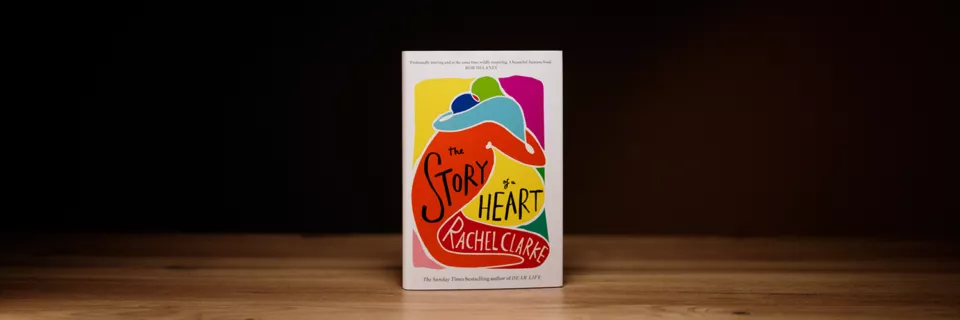
Jonathan Blitzer Longlist Interview
9 October 2024
How does it feel to be longlisted?
I am simply overjoyed. It’s such an honour to be on a longlist with these books, these authors. The Baillie Gifford Prize for Non-Fiction is synonymous with the most vital, important, beautiful non-fiction writing out there, so I am pinching myself.
How did you conduct your research?
From the outset, I knew I could only write this book if my rigour as a journalist was matched by my ethical principles as a doctor. At the story’s heart are two families who have endured the shattering experience of either losing a child or confronting the knowledge that your child is sick enough to die at any time. I therefore approached Keira and Max’s families with great caution, tentatively laying out how I envisaged the book and giving them many months in which to change their minds. They knew they could withdraw from the project at any time, all the way up to publication. I carried the weight of responsibility so heavily – it felt like a moral imperative to tell this story as truthfully and eloquently as was humanly possible, in order to do justice to the trust they had placed in me.
Both the interviews with protagonists and the historical research that underpin the book took place slowly and painstakingly over five years. During the pandemic, escaping the Covid wards at night while I delved into the maverick exploits of 1960s heart surgeons was pure joy!
What was the most challenging part of writing about such personal and emotional experiences?
Writing about death, just like caring for patients who are dying, requires a kind of unflinching steel. You cannot allow your emotions to get the better of you. You owe your readers - and patients - better than that. Nevertheless, this was an exceptionally emotional story. Despite knowing that she is brain dead, Keira’s father and sisters (Joe, Katelyn and Keely) manage to conduct themselves with immense dignity. It would have been so easy for this to be eclipsed by their pain. As a writer, I needed to pour myself into their experiences in order to write about them accurately, while simultaneously maintaining sufficient distance to ensure I captured the dignity, grace and stoicism too. It felt like walking a tightrope between dispassion and empathy, and without my medical training I’m not sure I would have managed it.
Tell us more about the motif of the heart in your book; both as a biological organ and a powerful symbol.
The Oxford English Dictionary definition of ‘heart’ runs to a staggering 15,000 words. No other part of the human body comes close to being as steeped in meaning and metaphor. Our hearts soar, swell, burst and break. They have a temperature, hot or cold; a size - big or small; and all manner of different material forms - being hewn from oak, or cast from gold, or poured forth as a liquid when we share our secrets with a trusted confidant. In part, there’s a medical explanation for this: many of our emotions are literally heartfelt, thanks to hormones like cortisol and adrenalin. But thinkers and writers have gone far further, variously defining the heart as our moral centre, as the organ that infuses us with life, and as the seat of the human soul.
I find all this glorious, but the really dazzling feature of the heart is infinitely more prosaic. It does one thing with brute force. It pumps blood - and does so bloody brilliantly. Forget Ferraris, Teslas, satellites and superyachts. Nothing built by human hands comes close to the engineering pyrotechnics of a heart. Every day, an adult heart ejects around 6,000 litres of blood – enough to fill a small swimming pool - and beats more than 86,000 times. That’s 2.5 billion beats in an average lifetime, while scarcely missing a beat. How awe-inspiring is that?
What was the most impactful thing you learnt from writing this book, both from a medical and emotional perspective?
I learned that no matter how bleak the circumstances, how much pain someone endures, human beings possess an astounding capacity to look outwards, towards others, with kindness and love. More than anything, a heart transplant is a form of radical altruism, an act of hope and defiance in the pitch dark. It’s easy to forget in our fractured world that most people, most of the time, try to be good. After writing this book, I don’t think I ever will.


10 April 2025

17 December 2024

19 November 2024